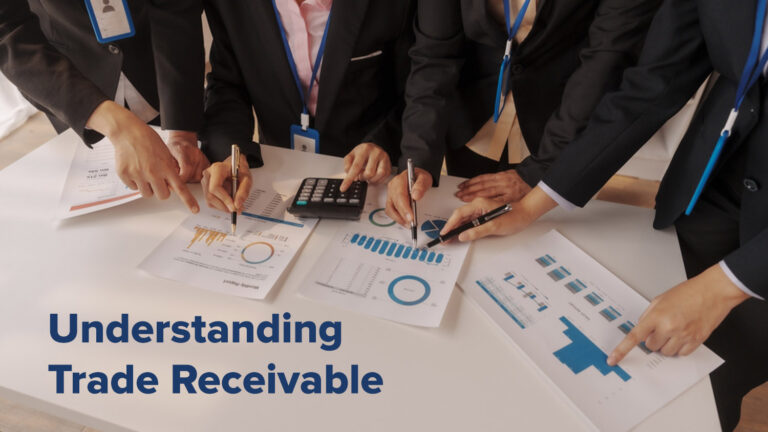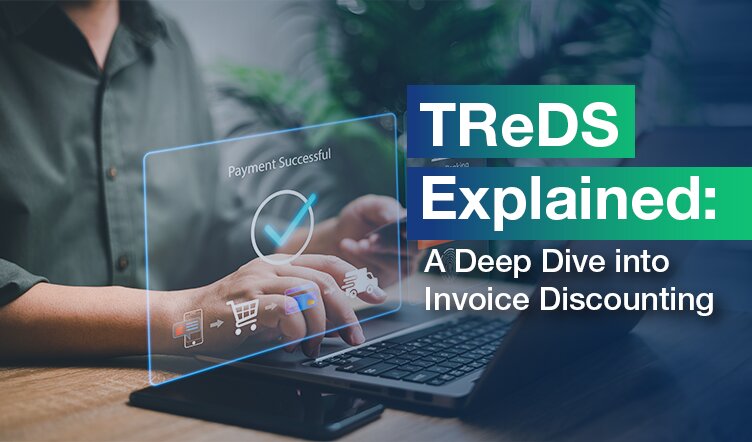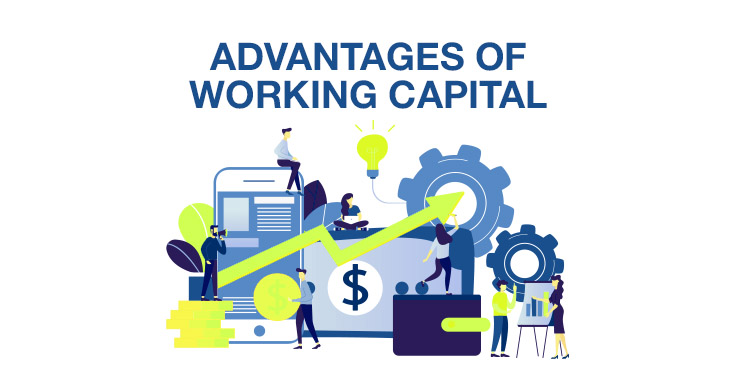TReDS- An Introduction
Trade Receivables Discounting System or TReDS is an RBI initiative to help the MSMEs in getting competitive finance so that their working capital requirements are met on time which is vital for their growth.
The participants involved in TReDS are MSME suppliers, large corporate buyers, and financiers (Banks or NBFC Factors).
Financiers are one of the key participants on TReDS, who bid on Factoring Units (which have Invoices or “Bill of Exchange” as underlying instruments) that have been uploaded by the supplier and approved by the buyer. The financiers bid on the ‘factoring units’ basis the credit comfort on Large Corporates whom MSME vendors have supplied goods. This gives MSME suppliers a choice to select the most favorable bid & receive funds faster.
TReDS- Beneficial Ecosystem for Financier
In today’s regime, most of the banks are looking for digitized solutions hence attraction for the Fintech segment has increased a lot in the Banking Industry as well as other industries. Many banks have introduced digital bank accounts and have added a huge customer base in a very cost-efficient manner which shows the success & power of digital solutions. Many banks are partnering with many Fintech companies to enhance their offerings to customers. M1xchange is appreciated and utilized by the financiers as it provides access to a large corporate & MSME customer base in a cost-efficient manner.
The linkage of all stakeholders vide the digital platform benefits the entire Supply chain ecosystem and in specific to the needs of financiers.
M1xchange being RBI regulated TReDS platform provides an opportunity to the financiers to get quality assets in the MSME space across a wide geography in minimal time, cost, and effort. M1 automates the entire financing process, thereby, bringing down the turnaround time and enhancing customer experience.
The key benefits to the financiers are as follows:
Fulfill PSL (Priority Sector Lending) targets more efficiently
With the TReDS kind of institutional mechanism, Financial Institutions have the opportunity to build a quality PSL asset portfolio in MSME space.
Reduced Operational Cost and Reduced Risk
M1 is a centralized system that facilitates Buyer, Supplier & Financier to come on the same platform with one agreement binding all stakeholders. The approval of invoices by Buyers enhances the transparency of transactions and their commitment. The ease of use is very high for the financiers as a trail of the transaction is online and involvement of manual labor is limited to approving the transaction on the exchange. The connection with the customer is online and the time for the transaction on the digital platform is reduced to minutes in a day. This being cost-effective also provides financiers access to an MSME client base without any additional cost and infrastructure for onboarding.
Informed decisions for enhanced profitability
M1 enables financiers to make informed decisions by facilitating effective data collection and analysis related to Buyer & Supplier which makes it possible for financiers to take astute decisions.
Seamless Settlement
TReDS being authorized under Payment and Settlement system ACT, 2007 facilitates settlement of funds per regulated mechanism using NPCI settlement process subject to availability of funds in Financier (in Leg 1 when discounting proceeds are transferred from Financier to Supplier) & Buyer account (in Leg 2 when final settlement happens between Buyer & Financier). As per the Settlement process, NACH mandate is taken and registered at the time of onboarding from Financier & Buyer which is used to pull the funds from the bank account of a particular participant (i.e. Financier in Leg 1 and Buyer in Leg 2) and transferred the same into the bank of the corresponding party. Exchange sends advance alerts/reminders to Buyer in order to ensure that they are aware of approaching settlement date & amount and make the necessary fund arrangement accordingly.
Further, the exchange provides the facility to request for an extension from the financier on the platform (which can be accepted by Financier at its sole discretion). This provides flexibility in the scenarios when there are contingent liquidity issues at the Buyer’s end on any particular day when payment is falling due.
The above mechanism reduces the operational risk of settlement and makes the process more controlled, reliable, and robust for Financiers
Legal Framework-An important aspect for Financier
Banks & NBFC Factor companies have been doing a lot of documentation to factor the transactions to manage legal recourse in case of any default. Hence, it is very imperative that the Legal Framework being used by TReDS is strong enough to enable financiers to take legal enforcement in case of any default while keeping the same easy & simple for other participants.
M1xchange offers a very sound legal framework to ensure that Financier is fully comfortable on this aspect. The key highlights of the M1xchange system in this regard are as below:
- All the participants including the financiers, buyers & sellers sign the ‘Master Agreement’ with M1xchange, which narrates the rights & responsibilities of participants towards M1xchange & other participants. This is a legal document and provides basic sanctity to the transaction on the platform.
- M1xchange has introduced the concept of “Digital Signing” of documents at every step so that non-repudiation by the participants for transactions undertaken is ensured. Thus all actions of Buyer & Seller on an exchange (towards acceptance & approvals) are approved by participants using digital signature and these are saved as transcripts on the system. All the documents digitally signed on the platform have legal validity & enforcement as per the Information Technology Act, 2000.
- M1xchange facilitates Supplier to digitally sign the “Deed of Assignment” on M1xchange which transfers the title of receivable in the favor of Financier for every transaction where the bid has been won by Financier. M1xchange sends the “Notice of Assignment” to Buyer per authorization from Supplier/Financier. These steps meet the requirement of the Factoring Act, 2011, and give better legal entitlement to Financier towards the receivable financed by them.
M1 Support and Security
M1xchange has been developed to suit the requirements of participants while keeping the transactions safe, secured, and confidential. It has been designed with the principle of Security First. Effective security measures are taken at the infrastructure and application level to ensure that the customer and transaction data are not compromised. Further, the servers are not accessible to any user other than the authorized server administrators, the access by whom happens through multifactor authentication and all access is logged and audited.
The platform has been audited by an independent CISA auditor for the required standards of safety.
Apart from IT security, M1xchange enables many checks and controls at the process level to ensure transactions are monitored regularly. KYC of participants, Defaulter lists checks, BDD & STR controls, Random audits are some of the controls put in place by M1xchange which has enforced more trust in financiers joining the exchange.
Future Roadmap for TReDS
Though it is a new concept in India, however, the way it is being accepted by all the participants shows the promising future for this landmark mechanism introduced by RBI in India.
It is viewed as long term digital movement in the banking space which will facilitate faster, cost-effective & competitive finance to MSME while for Financiers this will be a key contributor for scaling up their business without investing much by using the power of the Fintech phenomenon. Buyers get a secured mechanism to help their vendor ecosystems which bring better services & commercial terms from vendors. This win-win proposition for all participants is a humble attempt by M1xchange to service the need for Supply chain financing.
Also read these – Working capital financing, SME Finance, Invoice Financing, Accounts Receivable Financing, Supply chain financing, Factoring Services

















